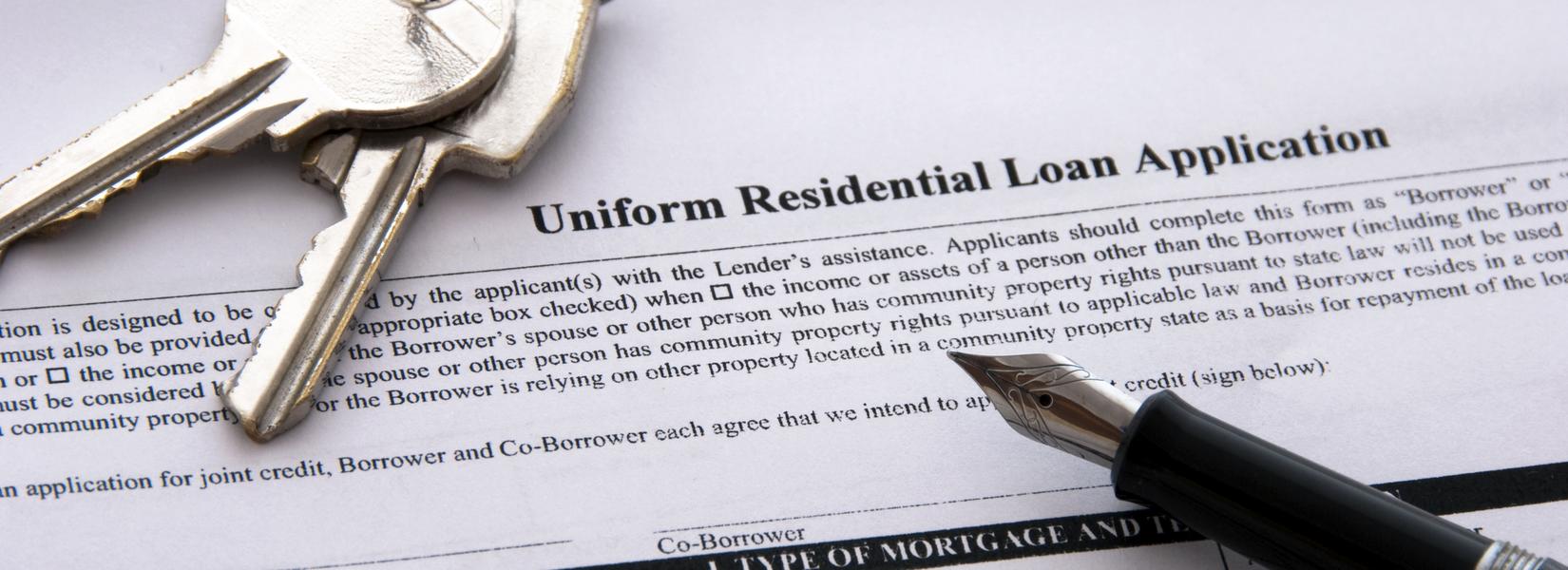Getting a Mortgage in Spain – Why Professional Guidance Pays Off
Financing your Spanish home is one of the most important steps in the buying process. Most homebuyers spend months viewing properties, comparing pros and cons, yet when it comes to financing. Yet when it comes to financing, many simply accept the first loan they’re offered. That’s a mistake—because the right loan is just as important as the right property. If liquidity doesn’t come from the right place, your dream home in Spain can quickly become far more expensive than necessary .
Over the years, I’ve worked closely with Spain’s leading mortgage broker, Mortgage Direct, which collaborates with more than 20 banks—national, international, offshore, and private banking. This experience has taught me one thing: the right advice makes all the difference .
The Challenges in Spain
Finding the right mortgage in Spain is not always straightforward. For one, it can be difficult to even find an English-speaking banker who understands complex, cross-border financial situations. Add to this the language barriers and Spain’s often heavy bureaucracy, and many foreigners find the process drawn out—or face outright rejection because their case isn’t presented properly .
That’s why having an expert by your side matters. A good advisor ensures your financial situation is presented in the best possible way.
What Do Banks Look At?
Spanish banks review similar factors as in Northern Europe, but with some important differences.
They focus mainly on two areas:
-
Income and Expenses
Your monthly net income and existing obligations (loans, credit facilities, etc.) are assessed through your Debt-to-Income (DTI) ratio. To secure favorable conditions, this should generally stay below 30%.
Example: If your net income is €10,000 per month, your fixed expenses should not exceed around €3,000 .
-
Assets and Liquidity
Banks want to see sufficient savings or liquid assets (such as stocks or bonds) to cover the down payment and Spanish property taxes and fees .
When ownership is structured differently—for example, through property shares—banks often treat it as a private loan rather than a traditional mortgage. Conditions can be stricter, which again highlights the value of expert negotiation .
Beyond Rates and Repayments
In the end, financing isn’t just about numbers—it’s about relationships. How your case is presented, the strengths of your financial profile, and the relationship you build with your bank can be decisive. A good loan not only provides a competitive rate and a strong start to your property purchase in Spain; it can also open the door to a valuable long-term banking relationship .
If you’d like to know more about securing the best financing for your Spanish property—and ensuring you get the most favorable terms—I’d be happy to discuss your options.







